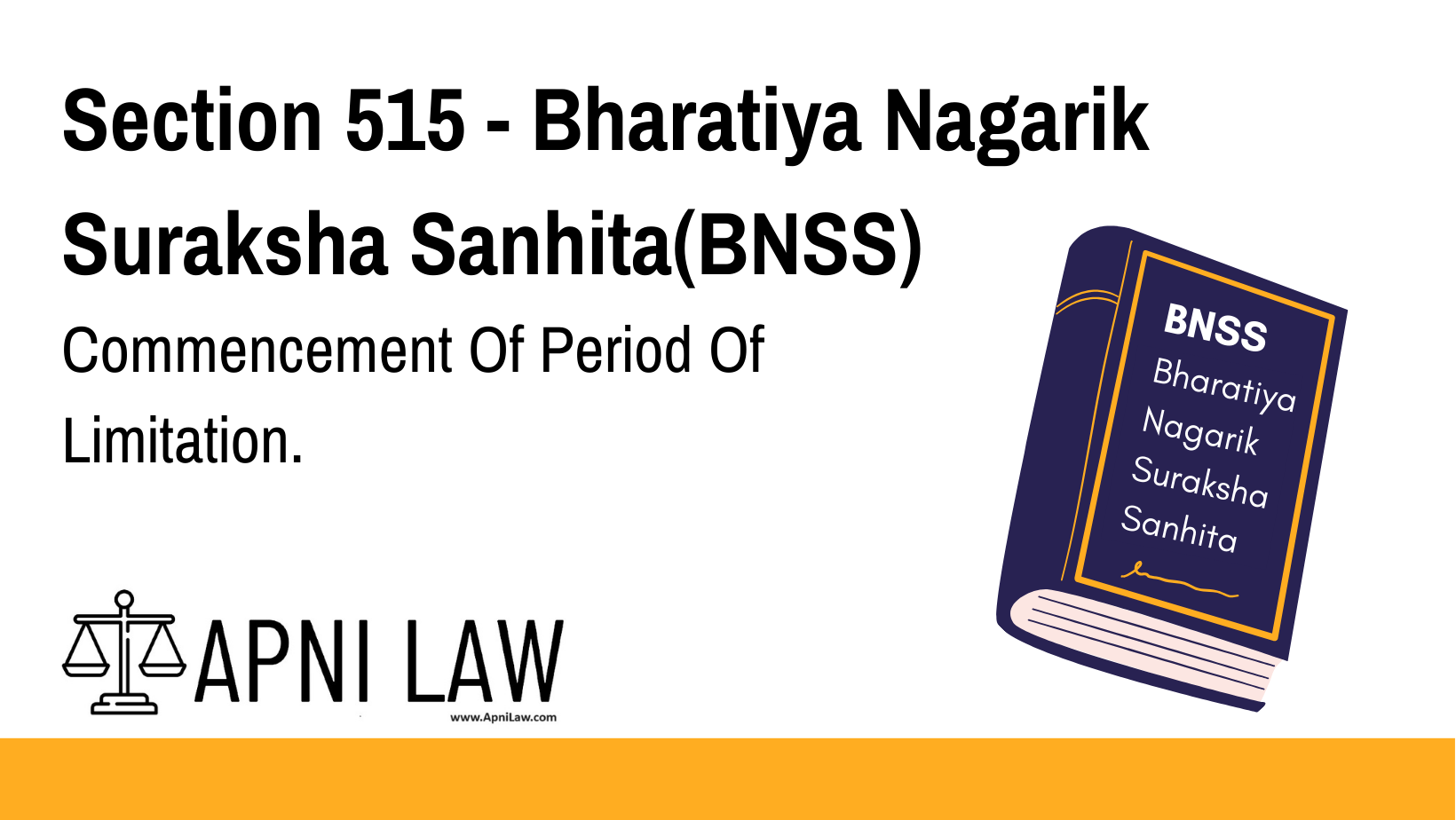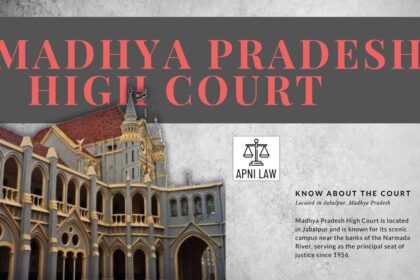Code: Section 515 BNSS
(1) The period of limitation, in relation to an offender, shall commence,—
(a) on the date of the offence; or
(b) where the commission of the offence was not known to the person aggrieved
by the offence or to any police officer, the first day on which such offence comes to
the knowledge of such person or to any police officer, whichever is earlier; or
(c) where it is not known by whom the offence was committed, the first day on
which the identity of the offender is known to the person aggrieved by the offence or
to the police officer making investigation into the offence, whichever is earlier.
(2) In computing the said period, the day from which such period is to be computed
shall be excluded.
Explanation of Section 515 BNSS
Section 515 of the BNSS outlines the rules for determining when the period of limitation begins for prosecuting an offence. This period is critical as it dictates the time frame within which legal proceedings must be initiated.
- Clause (a) applies when the offence is known immediately, and the limitation period starts from the date of the offence.
- Clause (b) covers situations where the offence is not initially known to the victim or the police. The limitation period begins when the offence comes to their knowledge.
- Clause (c) addresses cases where the offender’s identity is unknown at the time of the offence. Here, the period starts when the offender is identified.
Additionally, the law specifies that the starting day of the limitation period is excluded from the calculation, ensuring clarity in the timeline.
Illustration
Example 1: Known Offence Date
A theft occurs on January 1, 2023. The victim files a complaint on January 10, 2023. The limitation period begins from January 1, 2023, and the starting day (January 1) is excluded from the calculation.
Example 2: Offence Unknown Initially
A person is defrauded in a financial scam on March 5, 2023, but they discover the scam on May 1, 2023. The limitation period starts from May 1, 2023, as that’s when the offence came to their knowledge.
Example 3: Unknown Offender
An individual is assaulted, but the police don’t know who committed the offence. The victim reports it on July 15, 2023. The limitation period begins from the day the offender is identified, not the date of the assault.
Common Questions and Answers on Section 515 BNSS
1. What does Section 515 BNSS cover?
- Answer: It defines when the limitation period for prosecuting an offence starts, based on the knowledge of the offence, the victim, or the offender’s identity.
2. Can the limitation period be extended?
- Answer: Generally, no. However, in certain exceptional cases, courts may extend the period if there’s a valid reason, like the victim being unable to file due to circumstances beyond their control.
3. Why is the starting day excluded in the limitation period?
- Answer: To ensure fairness, as the day the offence occurs or the knowledge is gained is considered the starting point, not a part of the actual time limit.
Conclusion
Section 515 of the BNSS ensures clarity regarding the commencement of the limitation period for criminal cases. It accounts for different situations—whether the offence was known immediately, discovered later, or committed by an unidentified person. This provision helps maintain a fair and just timeline for initiating legal actions.








